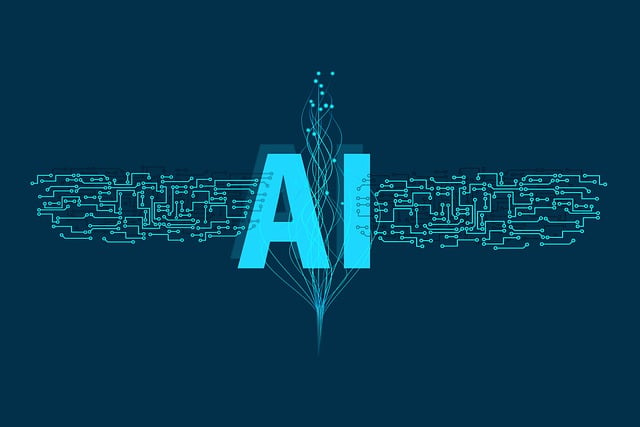The Rumsfeld Matrix as an effective tool in the decision-making process
During a briefing on the Iraq War, Donald Rumsfeld divided information into 4 categories: known known, known unknown, unknown known, unknown unknown. ...

There is a misconception that Artificial Intelligence (AI) is applicable only to large businesses. Artificial intelligence (AI) is the human thought process imitation for solving problems and making decisions using computers and systems.
However, small and medium businesses can also use AI successfully and benefit from it. Moreover, its integration into the main business processes and functions becomes more accessible, in order to greatly simplify the entire process of use.
The introduction of Artificial Intelligence into smaller companies’ operational processes is practically no different from the process of implementation into a large business. The first and important part of this process is to study the strategy, identify options for effective use of AI to better understand customers and optimize business activities in general.
Questions that need to be answered for a successful AI implementation:
A breakthrough in Artificial Intelligence for small businesses is its availability as a service. This has allowed many small companies to leverage AI, develop their own competencies, infrastructure, and benefit. They can also use the data collected by companies such as Microsoft, Amazon, Google and transform it into analytical information. It’s not necessary to set up own AI and it makes more affordable for small businesses.
Another use case for AI is using an Artificial Intelligence-based service. Companies that use cloud-based tools for accounting, HR, marketing, CRM are already an AI user.
Here are some practical examples of how AI can be useful for small businesses: